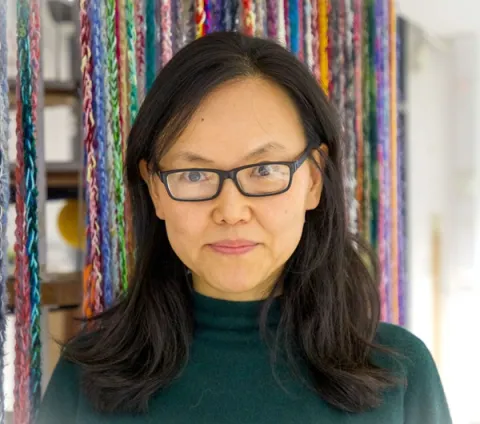About the project
This project focusses on the evaluation and co-development of innovative support surface design and intelligent sensing to guide innovation in user-centered mattress and cushion devices for pressure ulcer prevention. These are often used in hospital and community settings, engineered to meet the requirements of complex health and social care challenges.
Nowadays, one-in-six of the population is aged ≥ 65 years and advancing in age is often associated with frailty and decline in mobility. There is a growing field of technologies to monitor activity, typically achieved through wearable sensors, e.g., smart watches. However, these sensors are typically worn at the wrist, detecting limb movements which may not reflect effective mobility. In addition, they are often removed when in bed or chair. Therefore, they are not suited to monitor sedentary behaviours, which can lead to the development of skin damage, in the form of pressure ulcers (PUs). With the expanding sophistication and availability of computing and sensing technologies, new opportunities to assist person’s limited mobility are emerging.
The PhD project will focus on the development of innovative support surface design and intelligent sensing technologies that enable effective management strategies of posture, mobility, and pressure ulcer risk. It will be conducted in collaboration with a UK company (Medstrom Ltd), who are UK leading support surface manufacturers (mattress systems and cushions). We will co-design and co-develop the next generation of support surfaces capable of providing patient specific support in conjunction with sensing technologies to provide a system of monitoring of patient positioning, mobility, and microclimate.
The PhD student will be responsible for the implementation of experimental lab and clinical based studies to ensure translation from bench to bedside. There will also be scope to develop novel computational techniques e.g., machine learning and artificial intelligence using the sensing technologies.
This project combines internationally leading expertise in assistive technology, skin and tissue health, and e-textile materials and manufacturing, at the University of Southampton. The project has been designed and co-funded with support from the industry partner Medstrom Ltd, with their global standing in support surface design and manufacturing.
The Skin Sensing Research Group (School of Health Sciences) led by Prof Pete Worsley, with Dr Silvia Caggiari senior research fellow, consist of research leaders in the field of pressure ulcer prevention with an international reputation in the co-design of sensing interfaces for medical applications and new devices.
The E-textiles Innovation Lab in Winchester School of Art (WSA), led by Prof Kai Yang, operates at the intersection of textiles and electronics, designing and manufacturing innovative e-textiles that enhance people's lives and contribute to sustainability. Our facility is equipped for various aspects of textile design and manufacturing, including knitting, weaving, and printing. Additionally, we have specialised lab facilities dedicated to e-textiles, enabling us to print electronics on textiles and develop wearable prototypes.

